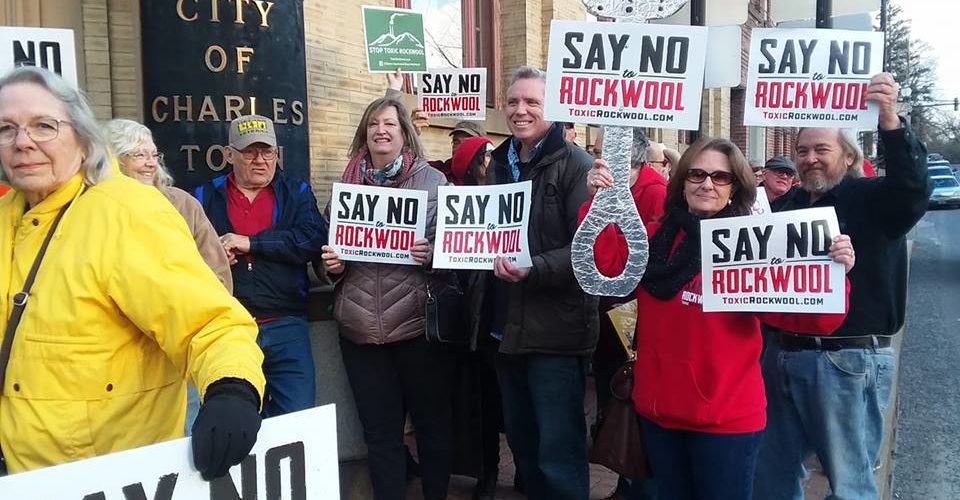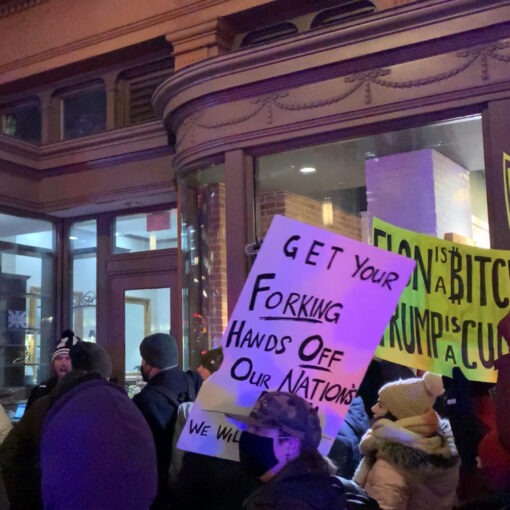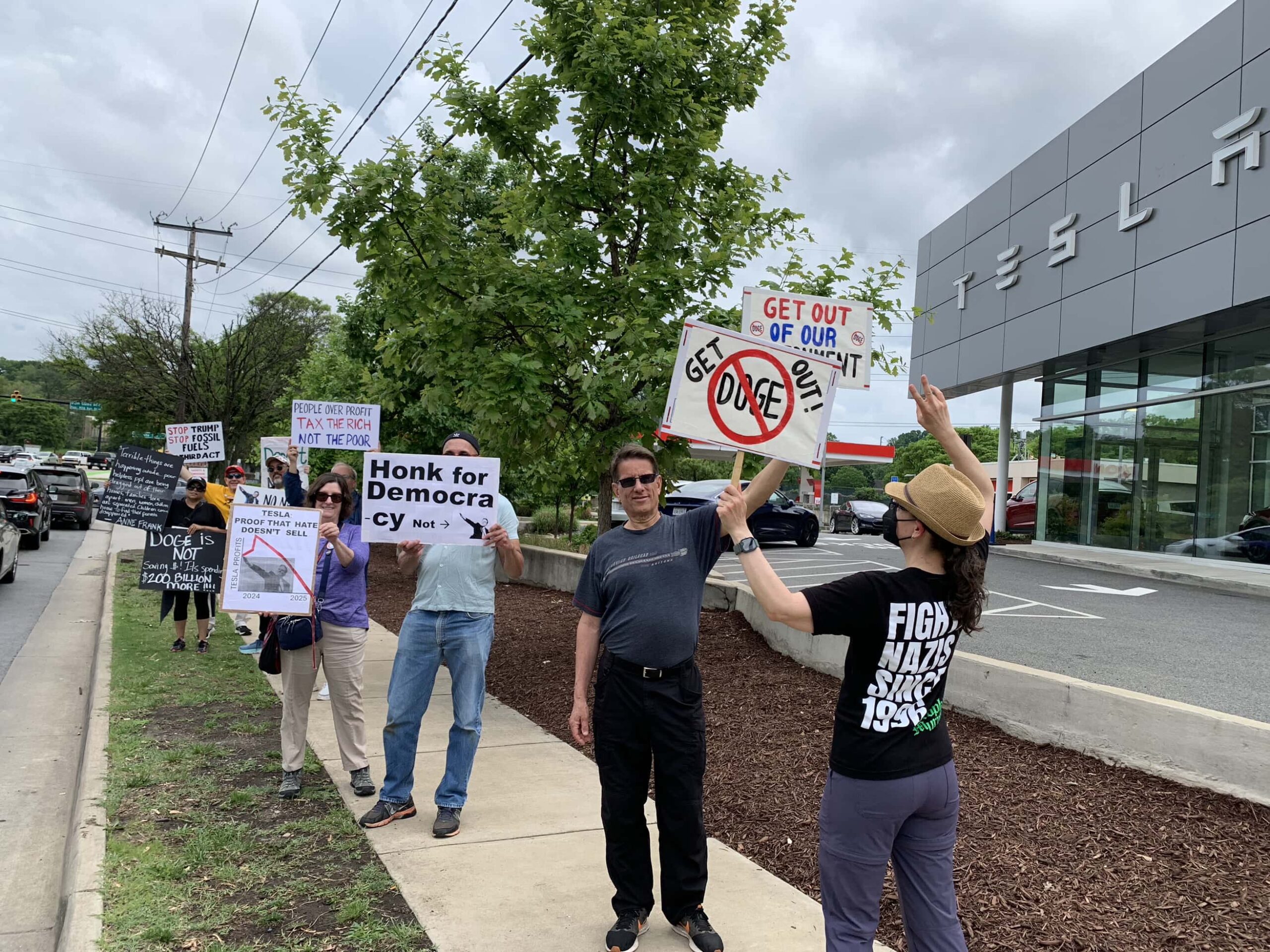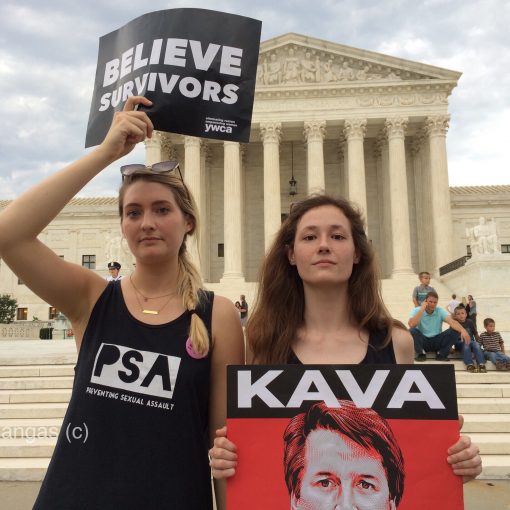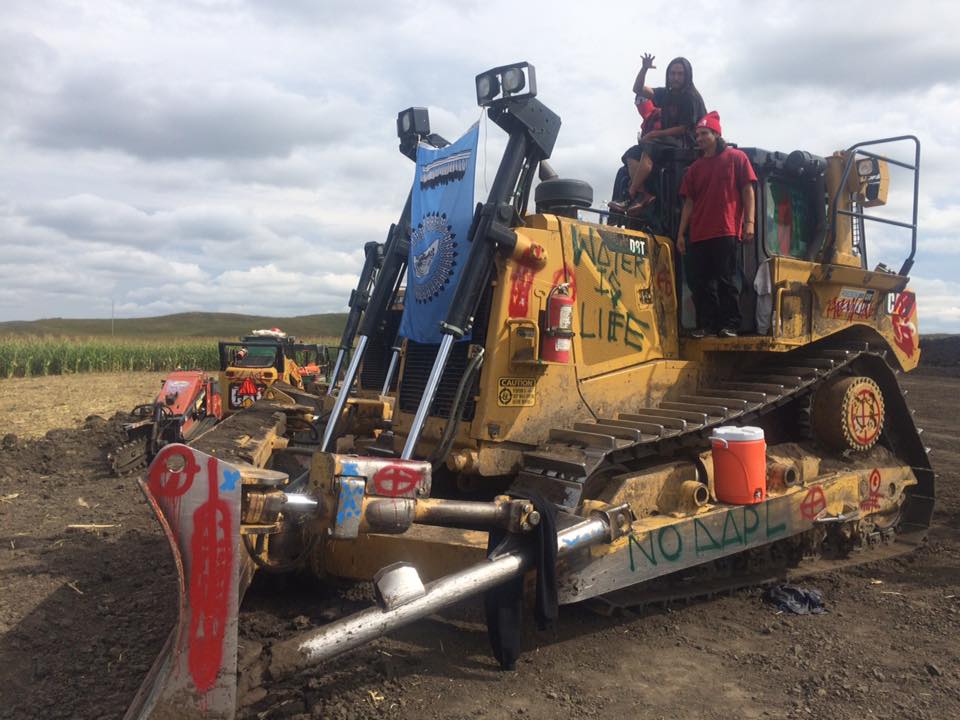Charles Town City Councilman Michael Tolbert searched for a word to describe the mood when the West Virginia Development Office offered millions of dollars to finance a new sewer line up Rt. 9.
“Giddy. Because at the beginning of this, everyone was giddy,” he said. “There was this new project that was coming, the state was going to provide funding. Everyone was giddy. But giddy has some downsides.”
After seven months of debate, the Council on March 18 and Building Commission on March 19 voted to pass the financing package, a $16 million zero-percent interest loan to be paid back by ratepayers over 25 years, then forgiven.
The sewer bond was part of $37 million in incentives devised to put infrastructure in place for a thousand-acre industrial park and lure Rockwool to Jefferson County as its first occupant—and perhaps as a Trojan horse.
“If it’s too good to be true, it probably is,” said Building Commissioner Albert Glascock. “There’s no way this line is going to pay for itself. There is no free money.”
The downside of a municipal windfall is an insulation fiber manufacturing plant, sited directly across from an elementary school and on top of the most sinkhole-prone area in the county. Rockwool poses the risk of emitting vast amounts of pollutants in the vicinity of school children and leaking contaminants into the groundwater.
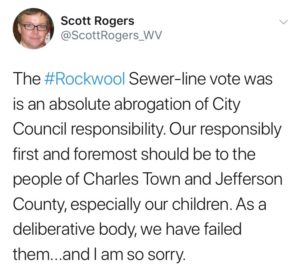 The Rockwool site is beyond the boundaries of Charles Town and under the jurisdiction of Ranson, which annexed it. The two municipalities merged their sewer systems last year.
The Rockwool site is beyond the boundaries of Charles Town and under the jurisdiction of Ranson, which annexed it. The two municipalities merged their sewer systems last year.
Although the vast majority of local residents object to the factory, they were not afforded the opportunity to intervene before a PILOT agreement and Memorandum of Understanding were signed. Opponents have weighed in at every council and commission meeting and regulatory agency hearing since.
“The people of this county, particularly in Charles Town, have spoken strongly that they do not want Rockwool,” Jefferson County resident Billie Garde told TV station Local DVM, “and as Council Member Brittingham said, ‘the job of the elected officials is to carry out the will of the people in every way possible.'”
Yet opponents are often finding regulators and elected officials considering discrete issues, rather than acting to eject Rockwool.
“All the options are terrible,” said Building Commissioner Caryn Short. “This isn’t the way that Rockwool is going to be stopped.”
Others embraced the smaller picture. “The issue tonight is not whether we’re going to put in a sewer line, it’s how we’re going to pay for it,” said Councilman Bob Trainor.
The Council rejected a petition with signatures from 30% of Charles Town “freeholders,” which, according to statute, would have required a super-majority to authorize the bond ordinance. The basis for rejecting it was a legal memo prepared last fall–but not at the Council’s request.
With such maneuvers occurring, some Council members fear they are being manipulated.
“I believe information is being withheld. … I think there have been things hidden from us throughout this entire process,” said Mayor Scott Rogers. “I’ve found out more about this whole Rockwool thing from FOIA requests than I have from our own utility board. They simply won’t give you information, you have to pry it out of them.”
Even after months of inquiry, crucial details are murky. What will Rockwool discharge into the sewer system and how much? How much capacity will the Rt. 9 pipe require, if future housing developments and occupants of the industrial park are uncertain? Can the current sewage treatment plants handle additional capacity when, in the past year, there have been discharges of raw sewage into a tributary of the Shenandoah River? Previous estimates of need, prepared by firm Chester Hatch, have been downgraded, so how much Charles Town will borrow exactly is in question.
“This line is overbuilt, sometimes to the factor of ten,” said Tolbert.
Anti-Rockwool group Jefferson County Vision in a press release said it “knew the system was rigged but never anticipated how deeply the deck is stacked against regular folks.”
JCV also said it is resolved to “pursue all angles at all times to stop this monstrosity from being erected… We are not going to let Ranson and Charleston bureaucrats ruin our home.”
Feature photo by Stewart Acuff: Local opponents to Rockwool and the sewer bond protest in front of the courthouse in Charles Town before the vote.

